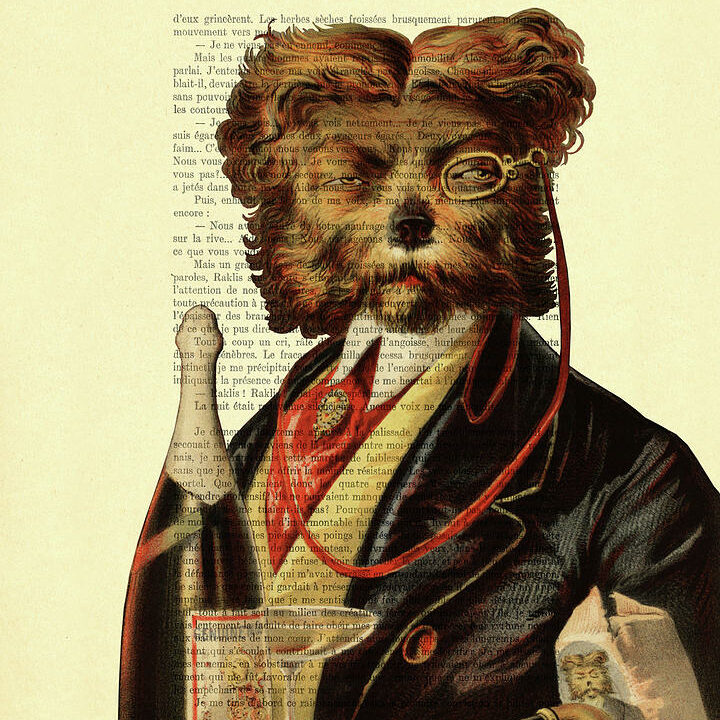Short Story
Repetition Definition: Types of Repetition in Poetry and Prose
What is repetition? At its simplest, repetition is a word or phrase used multiple times in a text, for the purpose of emphasizing an emotion or idea. It might seem counterintuitive to repeat, repeat, repeat, but when wielded correctly, the repetition of words and phrases has powerful effects in literature. You’re most likely to find…
Read MoreIrony Definition: Different Types of Irony in Literature
What is irony? Well, it’s like rain on your wedding day. It’s a free ride, when you’ve already paid. ’90s radio is helpful here. Okay; but what is irony? It can often be easier to point to specific ironies than to find a definition of irony itself that hits home. Irony definition: contradiction of our…
Read MoreWhat is the Plot of a Story?
The plot of a story defines the sequence of events that propels the reader from beginning to end. Storytellers have experimented with the plot of a story since the dawn of literature. No matter what genre you write, understanding the possibilities of plot structure, as well as the different types of plot, will help bring…
Read MoreImagery Definition: 5+ Types of Imagery in Literature
What is imagery? Take a moment to conceptualize something in your mind: an object, a sound, a scent. Transcribe whatever you think about into language, transmitting to the reader the precise experience you had in your brain. This is imagery in literature—a powerful literary device that communicates our everyday sensory experiences. Literature abounds with imagery…
Read MoreOnomatopoeia Definition and Examples
What is onomatopoeia? To describe it in a zip, an onomatopoeia is a word that smacks the reader’s ears and makes them pop. Onomatopoeia words describe sounds by copying the sound itself. Crash! Bang! Whiz! An onomatopoeia doesn’t just describe sounds, it emulates the sound itself. With this literary device, you can hear the meow…
Read MoreWhat is Historical Fiction? A Guide to Writing the Genre
Historical fiction books are works of literature in which fictional events occurred during real-life historical events. Sometimes, these are simply “period pieces”—a novel written today about lovers in Victorian England would certainly be historical fiction. Often, historical fiction authors will integrate their stories into their own historical obsessions—the U.S. Civil War, the assassination of JFK,…
Read MoreFiction vs. Nonfiction: What is the Difference Between Fiction and Nonfiction?
Works of prose are typically divided into one of two categories: fiction vs. nonfiction. A work of fiction might resemble the real world, but it certainly did not happen in real life. Nonfiction, on the other hand, should not contain any fiction, as the writer’s credibility comes from the truthfulness of the story. Any writer…
Read MoreWhat is Purple Prose? The Case Against Overly Ornate Writing
Ah, purple prose: that ornate room of language: that jeweled scabbard with which the writer unsheaths their mightiest thoughts, decorated and aglitter in the light of passing eyes; so wrought with its own exigence, it twists the reader’s mind, so labyrinthine. If you didn’t understand that paragraph, I didn’t either. It’s not good writing, but…
Read MoreWriting Styles: What is Style in Writing?
Writing styles may be hard to define, but something separates Hemingway from Steinbeck, Atwood from LeGuin, or Keats from Wordsworth. Though two given writers might dwell on similar themes, every writer expresses a unique writing style, conveyed through elements like word choice, narrative structure, and the author’s own voice. But what is style in writing?…
Read MoreHow to Start Writing Fiction: The Six Core Elements of Fiction Writing
Whether you’ve been struck with a moment of inspiration or you’ve carried a story inside you for years, you’re here because you want to start writing fiction. From developing flesh-and-bone characters to worlds as real as our own, good fiction is hard to write, and getting the first words onto the blank page can be…
Read More









